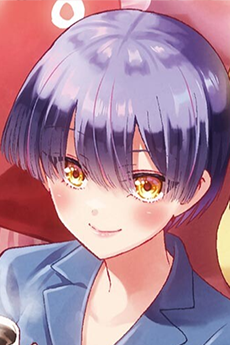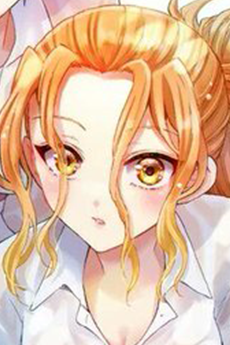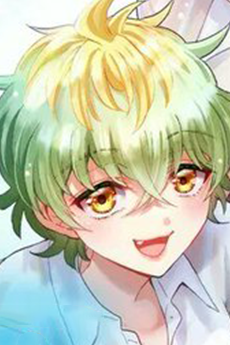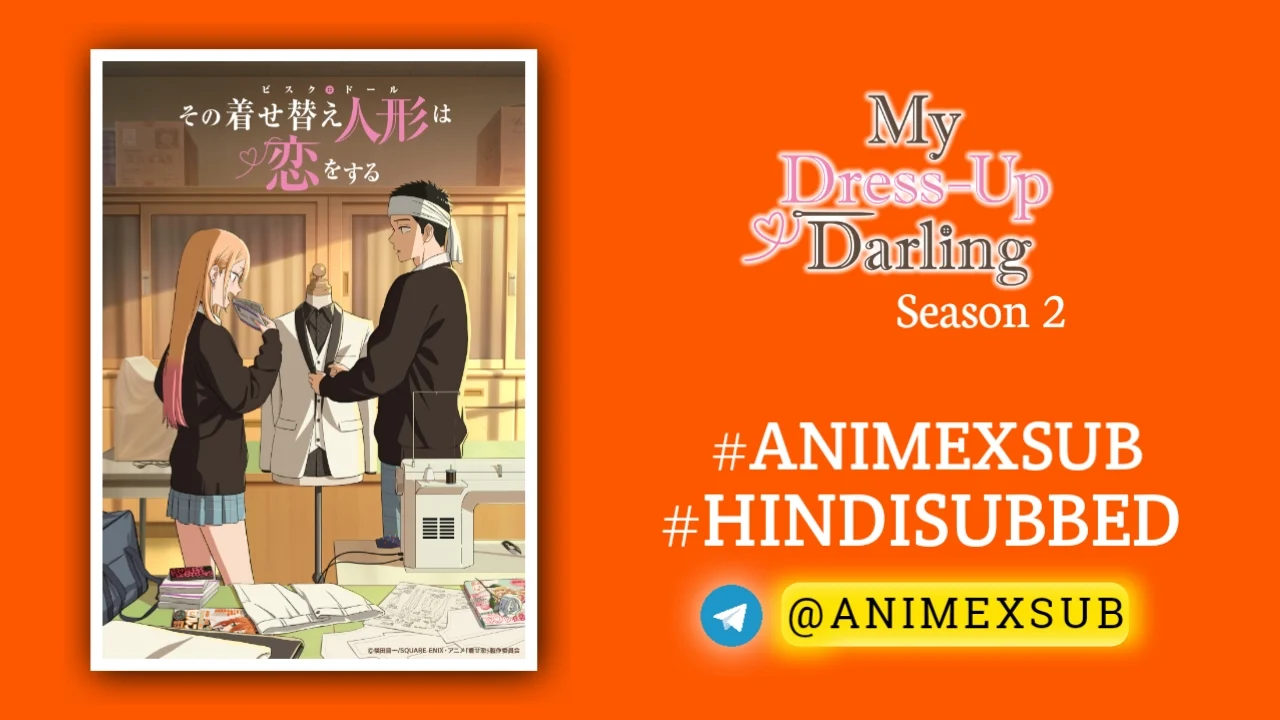
Dealing with Mikadono Sisters is Breeze! Hindi Subbed [10/12] | Mikadono Sanshimai wa Angai, Choroi. Hindi Sub

Mikadono Sanshimai wa Angai, Choroi.
Dealing with Mikadono Sisters Is a BreezeSynopsis
Yuu Ayase, son of a late legendary actress, is overwhelmingly mediocre. When he’s invited to stay with his mother’s friend, Yuu is shocked to find out that he’ll be living with three prodigy sisters who possess both beauty and talent…and who rule his new school as the Three Emperors. Can Yuu manage to melt the sisters’ cold hearts and fulfill his mother’s last wish for him to build a happy family? (Source: Crunchyroll)
Watch Trailer
Characters
Episodes
How To Download Tutorial
Dealing with Mikadono Sisters Is a Breeze Season 1: A Fresh Spin on Family and Romance
Dealing with Mikadono Sisters Is a Breeze (Mikadono Sanshimai wa Angai, Choroi) Season 1, which premiered on July 9, 2025, is a delightful surprise in the crowded rom-com and harem anime landscape. Adapted from Aya Hirakawa’s manga, serialized in Shogakukan’s Weekly Shōnen Sunday since 2021, this P.A. Works production carves out a niche by blending heartfelt family dynamics with lighthearted romance, sidestepping many of the genre’s tired tropes. Directed by Tadahito Matsubayashi with series composition by Takayo Ikami, the show delivers a visually vibrant, emotionally resonant, and unexpectedly nuanced take on the “ordinary guy meets extraordinary girls” premise. Here’s why Season 1 stands out as a refreshing, next-level addition to the anime scene.
A Premise That Subverts Expectations
The story follows Yuu Ayase, a self-proclaimed “mediocre” high schooler overshadowed by his late mother, Subaru Ayase, a legendary actress. Unlike his multi-talented mother, Yuu lacks any standout skills, save for his inherited good looks and knack for homemaking. After her passing, he’s taken in by his mother’s friend, who turns out to be the father of the Mikadono sisters—Kazuki, Niko, and Miwa—prodigies in acting, martial arts, and shogi, respectively, at the prestigious Saika Academy. Tasked with fulfilling his mother’s wish to build a happy family, Yuu moves into their sprawling, chaotic mansion and sets about bridging the emotional distance between the sisters and himself.
What sets this anime apart is its refusal to lean solely on harem clichés. While the setup screams “romantic hijinks incoming,” the show prioritizes familial bonding over cheap fanservice. The sisters, initially distant and hyper-focused on their crafts, are not just love interests but complex individuals with flaws, insecurities, and a shared history of neglect due to their absent father and their own obsessions. Yuu’s role as a caretaker—cooking meals, cleaning their messy mansion, and organizing family outings—grounds the story in a wholesome exploration of chosen family, reminiscent of Fruits Basket but with a modern, less supernatural twist.
Character Depth That Elevates the Narrative
The Mikadono sisters are the heart of the show, each distinct and compelling. Kazuki, the eldest, is a flamboyant actress with a larger-than-life personality, but her pride masks a fear of vulnerability. Niko, the martial artist, is stoic and disciplined, yet secretly yearns to embrace her softer side, like wearing cute clothes. Miwa, the youngest, is a shogi prodigy whose sharp intellect hides a grudge-holding streak and a longing for connection. Their talents make them school celebrities, but their personal lives are a mess—think scattered clothes, dirty dishes, and emotional isolation.
Yuu, voiced by Minami Hinata, is a rare harem protagonist who feels human. His androgynous design and gentle demeanor (often compared to his mother’s beauty) add a layer of intrigue, especially when he playfully teases the sisters. His lack of talent isn’t played for laughs but as a strength—he’s relatable, empathetic, and determined to heal the sisters’ fractured bonds. The show’s genderbent dynamic, with Yuu voiced by a female actress and drawn with feminine features, adds a subtle twist that challenges traditional harem gender roles without feeling forced.
The chemistry between the characters evolves organically. For example, in Episode 6, Kazuki asks Yuu on a “date” to prepare for an acting role, only for Niko and Miwa to spy on them, leading to comedic yet revealing moments about their growing affection and jealousy. These interactions feel authentic, avoiding the one-dimensional “fawning over the protagonist” trap. The sisters’ mutual respect, despite their initial estrangement, adds depth, making their gradual warming to Yuu—and each other—genuinely heartwarming.
Visual and Technical Brilliance
P.A. Works delivers stunning animation, with vibrant character designs by Yūsuke Inoue that capture each sister’s personality—Kazuki’s dramatic flair, Niko’s athletic poise, and Miwa’s quiet intensity. The Mikadono mansion, a mix of opulent and cluttered, serves as a visual metaphor for the sisters’ lives: grand but in disarray. Backgrounds, from Saika Academy’s sleek halls to the Cherry Blossom Night Festival, are lush and immersive. Masaru Yokoyama’s score, paired with the opening theme “Kimi ni Fusawashii Kiseki” by Nichiyoubi no MAISONdes, strikes a perfect balance of upbeat and emotional tones.
The voice acting is top-tier. Aoi Koga (Kazuki), Yoshino Aoyama (Niko), and Yurina Amami (Miwa) bring nuance to their roles, while Minami Hinata’s soft yet confident delivery makes Yuu endearing. The English dub, streamed on Crunchyroll, maintains this quality, offering accessibility without losing emotional weight.
Themes That Resonate
Beyond the rom-com surface, Mikadono Sisters explores universal themes: the pressure of legacy, the struggle to connect, and the power of small, everyday acts of care. Yuu’s quest to honor his mother’s wish reflects a deeper commentary on healing from familial loss and redefining success. The sisters’ growth—from isolated prodigies to a cohesive unit—highlights how vulnerability can strengthen bonds. The show doesn’t shy away from heavier moments, like Yuu’s reflections on his distant relationship with his mother, but balances them with humor, like Miwa’s petty grudges or Yuu’s disastrous attempt at acting with Kazuki.
Compared to similar series like The Quintessential Quintuplets, Mikadono Sisters feels less formulaic. It shares the “sisters falling for one guy” premise but emphasizes their individual growth and sibling dynamics over romantic competition. The fanservice is minimal and tasteful, avoiding the gratuitous shots that often plague the genre.
Standout Moments and Reception
Key episodes, like the Cherry Blossom Night Festival arc, showcase the show’s ability to blend comedy, romance, and emotional stakes. Yuu’s efforts to unite the sisters under one umbrella (literally and figuratively) during a rainy festival are both funny and poignant. Episode 7 introduces Niko’s martial arts rival, Hayato Tatsumi, adding tension and exploring her conflict between ambition and loyalty to her new family.
Fan reception has been strong, with 536 user ratings on Rating Graph averaging well and 927 votes on a Reddit thread praising the sisters’ distinct designs and the show’s “fun energy.” MyAnimeList reviews compare it favorably to Quintessential Quintuplets for its warmth and humor, though some note the harem setup risks overshadowing the family theme. Critics on Anime News Network and Anime Feminist applaud its balance of cute and cheeky, with the double-episode premiere earning praise for establishing character rapport early.
Room for Improvement
While the show excels in many areas, it’s not flawless. The harem elements, though restrained, occasionally feel inevitable, which might disappoint viewers hoping for a purely platonic focus. Some plot points, like the sudden appearance of Tatsumi, feel convenient, and the absent father’s role remains underexplored by Season 1’s end, leaving questions unanswered. Additionally, Yuu’s “mediocrity” can feel overstated, as his emotional intelligence and homemaking skills are arguably talents in themselves.
Why It’s Next-Level
Dealing with Mikadono Sisters Is a Breeze Season 1 succeeds by taking a familiar premise and infusing it with fresh emotional depth, distinct characters, and a focus on family over fanservice. It’s a love letter to those who find strength in ordinary acts—cooking a meal, sharing an umbrella, or simply listening. The show’s ability to make each sister feel like a fully realized person, not just a trope, sets it apart in a genre often criticized for shallowness. With its gorgeous animation, stellar voice work, and a story that balances laughs and heart, it’s a breezy yet profound watch that leaves you eager for more.
Verdict: A must-watch for fans of rom-coms and slice-of-life anime who crave something deeper than the usual fare. Season 1 proves that even in a crowded genre, there’s room for innovation and heart. Here’s hoping future seasons build on this promising start.













Surashaw